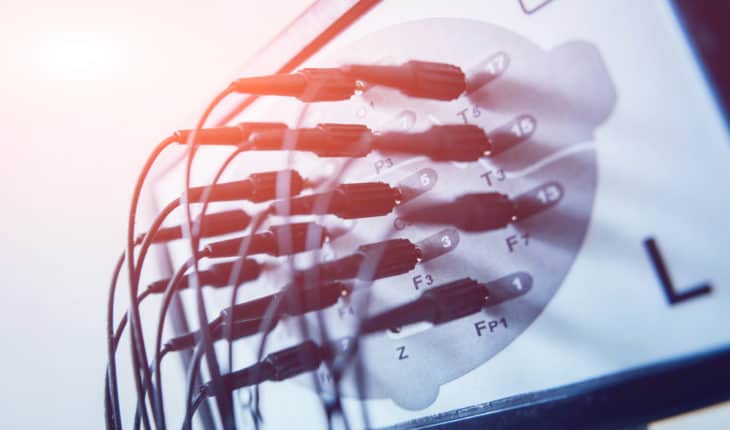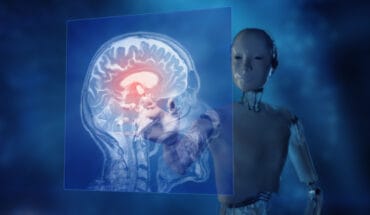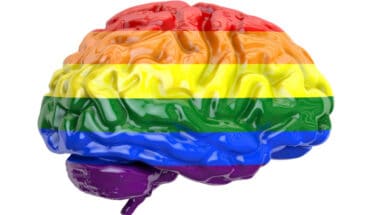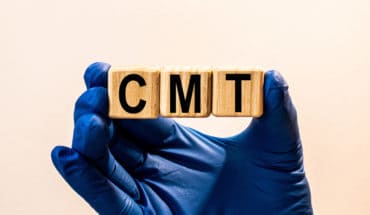Electrotherapy is already being used to treat a range of health ailments from migraine to depression and even potentially dementia. Here we talk to Anorexia expert Dr Lorna Richards, Consultant Psychiatrist at the Priory Hospital Woking about how we could help people with the eating disorder Anorexia Nervosa:
Do you think electrotherapy (deep brain stimulation) has a place in treating anorexia?
It may have a role in treating patients with a severe and enduring form of Anorexia Nervosa (> 10 years of illness) where all other treatment options have been exhausted. It is still an experimental intervention in the field of eating disorders but there are a number of case reports and small trials that suggest that it could offer some benefit to this patient group.
What are the benefits?
It is uncertain at present and potential neural targets are still being explored. The aim is for symptom reduction – reduced eating disordered thoughts and behaviours with improvement in mood and levels of motivation towards weight gain. Enhanced quality of life is an overarching goal in people who have been unwell for many years.
The downsides?
DBS is an invasive neurosurgical procedure. There are immediate risks related to the surgery such as bleeding, neurological damage, seizures, stroke or even death. In underweight malnourished patients these risks are increased. In the medium term there may be changes to mood or personality. There are also ethical/philosophical challenges such as the issue of capacity to consent to treatment in a vulnerable population, autonomy and personhood. There is much debate within the specialty.
Is this currently available to any patients in the UK, privately or on the NHS?
DBS for AN is only available as an experimental treatment. There is a trial currently taking place in Oxford.
- Could Electrotherapy Help Treat Anorexia Nervosa? - 16th April 2019
- Breaking barriers in eating disorders - 1st March 2019






